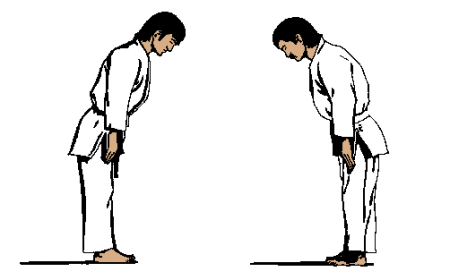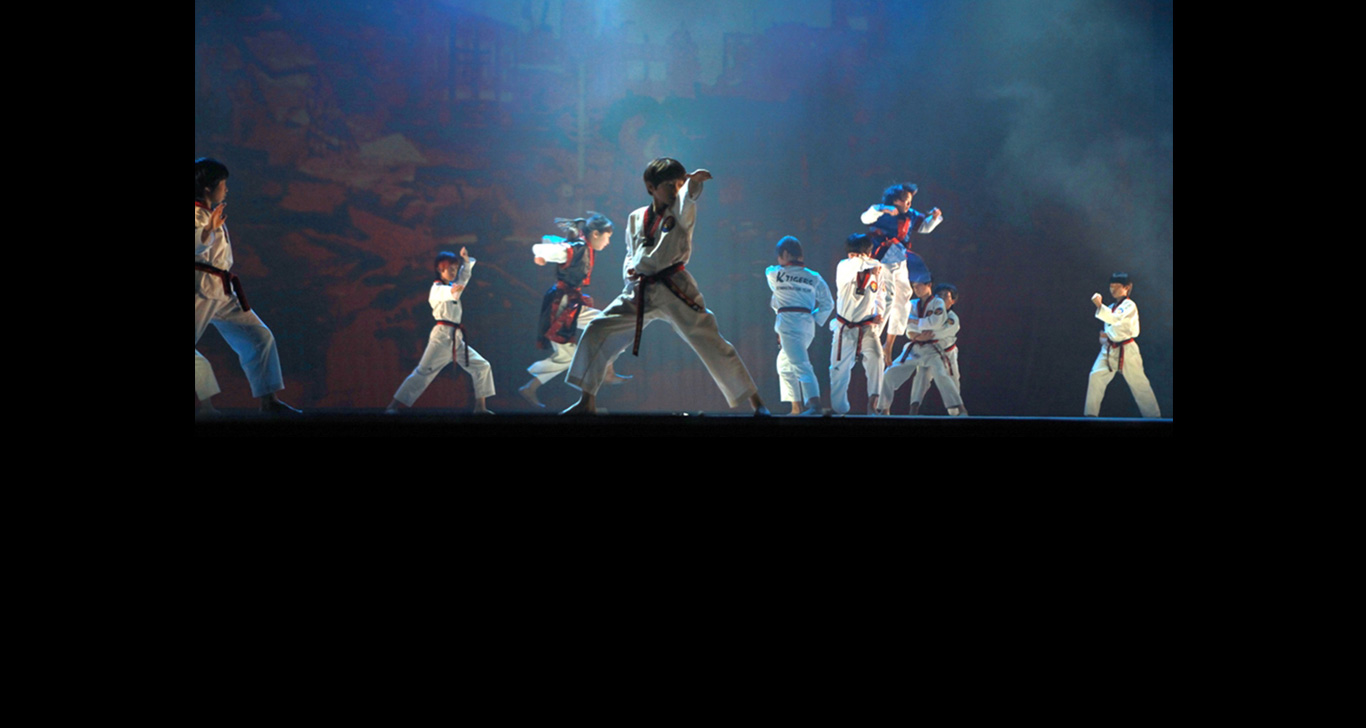 The principle of Tae Kwon Do was derived from two fundamental sets of values obtained from both Chinese and Korean philosophies. These values, the practical and the ideological, form a proper Tae Kwon Do Spirit. Once these two sets of values are combined with the physical activities of the Do Jang (school), discipline and self-confidence are created among the students.
The principle of Tae Kwon Do was derived from two fundamental sets of values obtained from both Chinese and Korean philosophies. These values, the practical and the ideological, form a proper Tae Kwon Do Spirit. Once these two sets of values are combined with the physical activities of the Do Jang (school), discipline and self-confidence are created among the students.
On a practical level, you find a personal satisfaction from the physical training. You obtain a sense of accomplishment as you learn the techniques of the art. When you learn self-defense, you feel secure about defending yourself and you gain self-confidence. This practical value is found in the elemental movements of each specific technique (either in self-defense, form, or sparring, which all provide physical fitness and good health) and in the principles governing those movements. You will find a balance between two extremes. For instance, when somebody attacks you, you are confident that you can hurt this person, but using your own judgment, you apply only the necessary force to gain control.
The ideological value is an expected behavior from the Tae Kwon Do trained person based on a set of beliefs from various concepts that cover the entire realm of Eastern philosophy. In this regard, the essence of Tae Kwon Do training is the realization of a relationship between man and nature living in harmony with the universe. This value is found in the three ideals that form the identity of Tae Kwon Do.
The first ideal is technical and based on the practical aspects of training (e.g. being close to nature, achieving meditation through good breathing and fresh air). Tae Kwon Do’s practical benefits are bare-handed self-defense and good health through its training. This first ideal is an essential element of Tae Kwon Do training.
The second is the artistic idea, “Mu Yeh,” which means the art that arises from the union of the mind and soul that is reflected in the action. It is the perfection of movements, beautiful yet powerful, which are achieved through concentration between man and nature by getting rid of the ego (the discriminating mind) that controls behavior and using the combination of practice, techniques and concentration. Once the perfection of movement is achieved through this union, you will attain the Mu Yeh.
Finally, the third is the philosophical ideal in which theory and actions lead to a good way of life. Its main goal is to convert an introverted mind (controlled by the environment) into an extroverted mind (control of the environment). In other words, through self-confidence and determination, you have a stronger will. Thus, you are able to make positive changes in your life instead of feeling overwhelmed by its problems.
Five Tenets of Tae Kwon Do:
Courtesy (Ye’ Ue):
Always be kind and humble to others to make them comfortable and pleased with you.
Integrity (Jung Jik):
Always be honest and have a strong sense of right and wrong. The degree of wrong does not matter; wrong is wrong.
Perseverance (In Nae):
Always be patient and diligent in achieving your goals. Success comes to only those who persevere.
Self Control (Guek Kee):
Always be in control of your emotions and your surroundings. True respect comes only from self-control.
Indomitable Spirit (Baek Juhl Bool Gool):
Whenever confronted with injustice, always deal with the situation without fear of outcome or reprisal.

